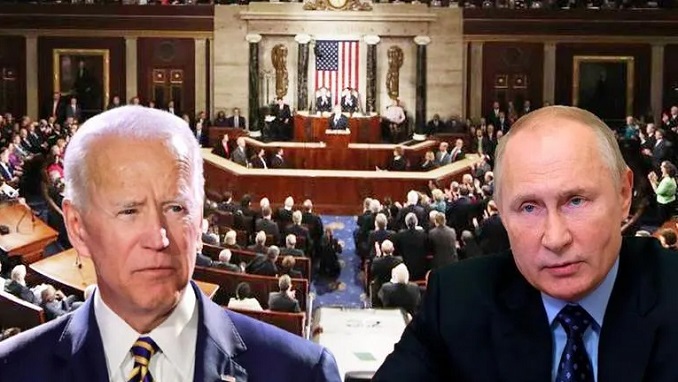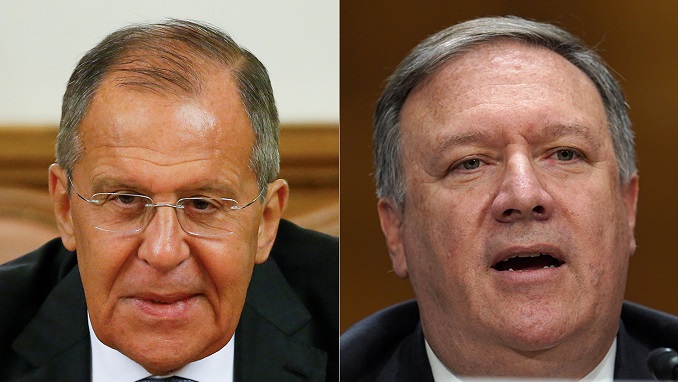The Biden Administration has been cooperating over the last several months with the US Congress on preparing legislation that would condemn Russia by formally designating it an “aggressor state” rather than a state sponsor of terrorism.
Unlike the label state sponsor of terrorism, this designation is not an official State Department category and will not trigger specific US sanctions, so it would be easier for Biden to rescind that designation than the state sponsor of terrorism one.
Secretary of State Antony Blinken said earlier this month that they’re working on legislation that would help them get around some of the challenges of using the state sponsor of terrorism designation, which, as he noted, has some unintended consequences.
Congress is working to quickly to introduce the bill amid Ukrainian President Volodymyr Zelensky’s plans to visit Washington, D.C., and address the lawmakers on Wednesday evening although he may still endorse the label when he addresses Congress.
The designation as an “aggressor state” is less hawkish than the “state sponsor of terrorism” label but will nonetheless provide Washington with new sanctions authorities to target Moscow.
Many lawmakers, however, including House Speaker Nancy Pelosi, had been urging the Biden administration to designate Russia a “state sponsor of terrorism” over its invasion of Ukraine, hence isolating Moscow internationally and compelling the Biden administration to impose costs on countries engaging with Moscow.
Washington, on the other hand, has no intention at the moment to use the terrorism designation, stressing it would ultimately hinder any diplomatic efforts to end Russia’s war against Ukraine and tie the US’s hands in engaging with Moscow in general.
Any state designated ‘state sponsor of terrorism’ is prone to severe sanctions, including restricted US foreign assistance, some controls over exports of dual-use items, a ban on defense exports and sales, and other financial restrictions.



